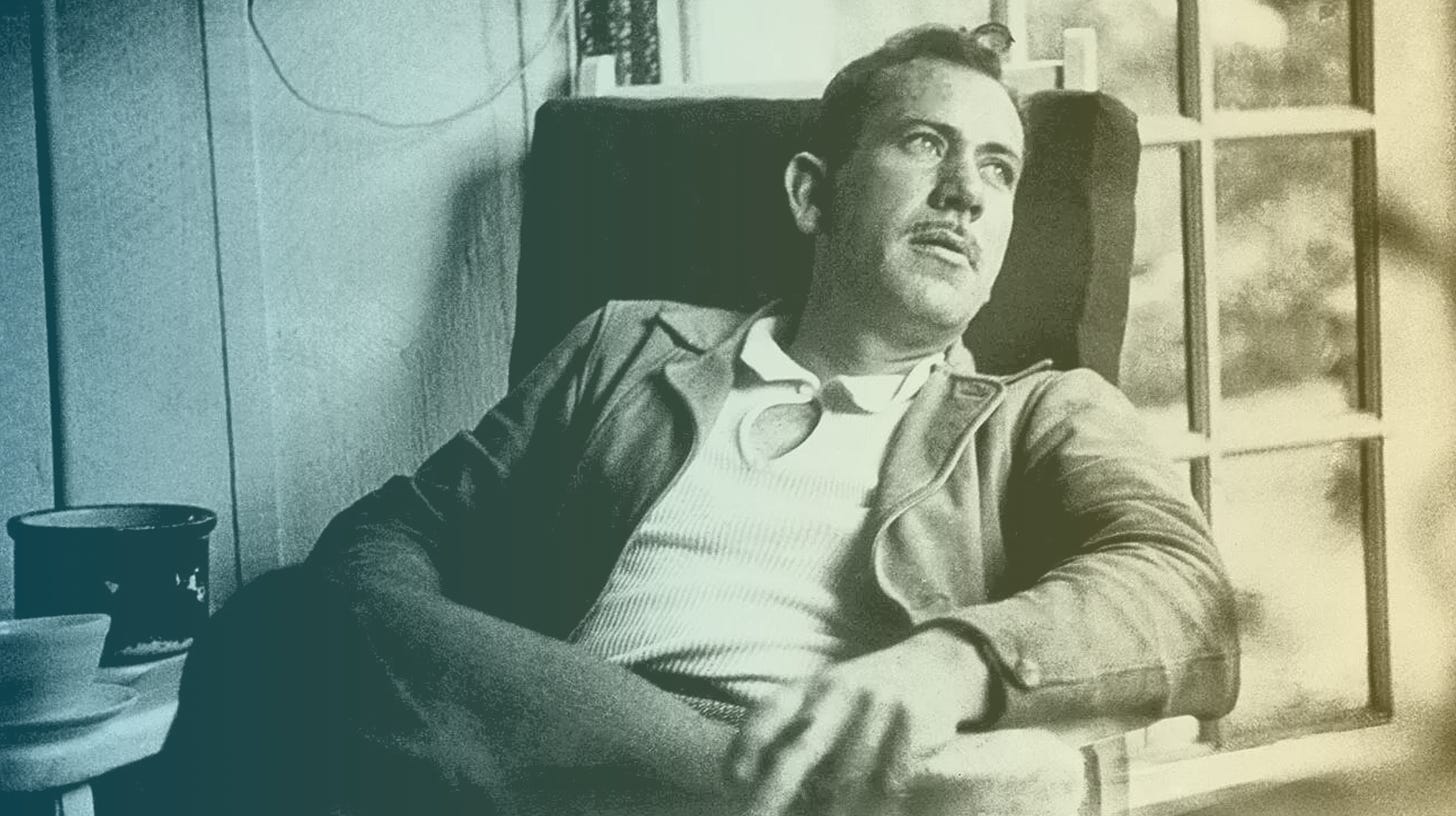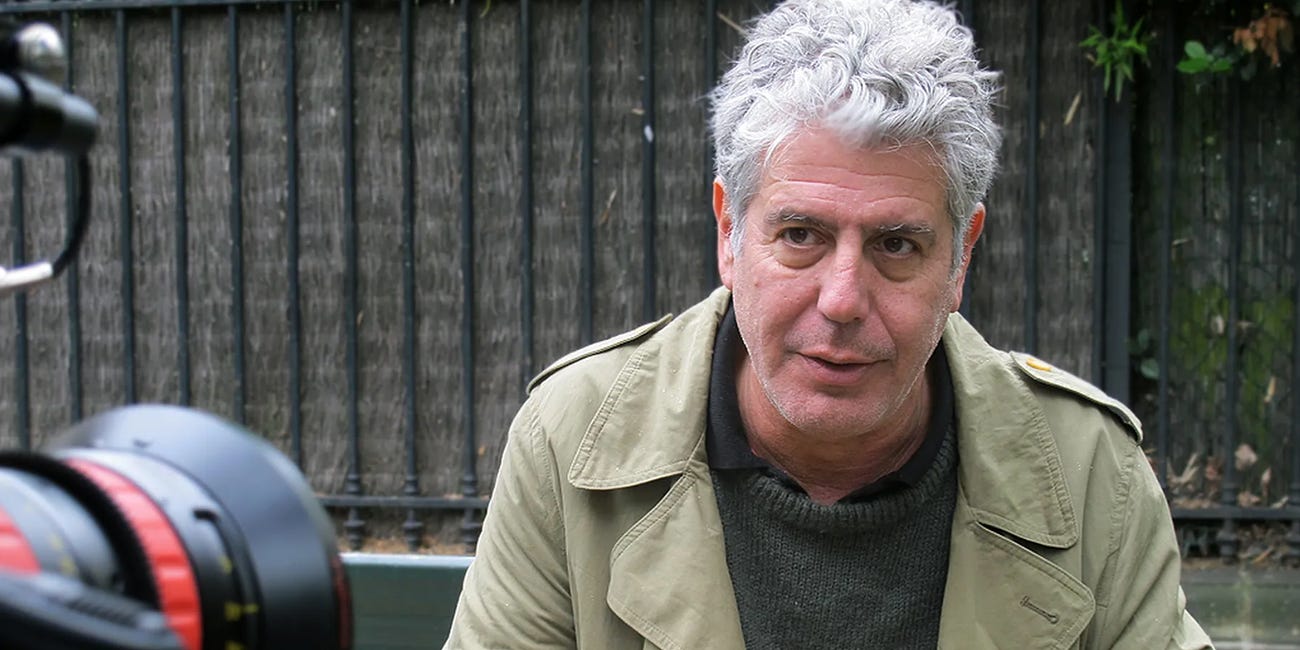John Steinbeck's Six Tips to Good Writing
Let's discuss the Pulitzer Prize winner and Nobel laureate's approach to his work
On irregular Monday mornings (PST), 5AM StoryTalk will share “educational resources” to help you in your creative journey. From curated screenplay collections, to curated film compilations you can watch for free, to advice and other wisdom I’ve collected over my years pursuing the arts — and much more. This is one of them.
In 1962, Pulitzer Prize winner and Nobel laureate John Steinbeck (The Grapes of Wrath) sat down and wrote the following letter to the actor and writer Robert Wallsten. Wallsten had requested some advice on his own writing, and I think it’s worth sharing part of Steinbeck’s answer — which was originally published in the book Steinbeck: A Life in Letters. Perhaps they’ll inspire you, perhaps they’ll challenge you and your own writerly routines, perhaps they’ll make you scream and hurl yourself out the window in creative despair. Mostly, I hope they help.
What do you make of Steinbeck’s six tips to good writing? I am personally opposed to #2 and wish more writers, especially screenwriters, paid attention to #6.
Abandon the idea that you are ever going to finish. Lose track of the 400 pages and write just one page for each day, it helps. Then when it gets finished, you are always surprised.
Write freely and as rapidly as possible and throw the whole thing on paper. Never correct or rewrite until the whole thing is down. Rewrite in process is usually found to be an excuse for not going on. It also interferes with flow and rhythm which can only come from a kind of unconscious association with the material.
Forget your generalized audience. In the first place, the nameless, faceless audience will scare you to death and in the second place, unlike the theater, it doesn’t exist. In writing, your audience is one single reader. I have found that sometimes it helps to pick out one person—a real person you know, or an imagined person and write to that one.
If a scene or a section gets the better of you and you still think you want it — bypass it and go on. When you have finished the whole you can come back to it and then you may find that the reason it gave trouble is because it didn’t belong there.
Beware of a scene that becomes too dear to you, dearer than the rest. It will usually be found that it is out of drawing.
If you are using dialogue—say it aloud as you write it. Only then will it have the sound of speech.
If this article added anything to your life but you’re not up for a paid subscription, consider buying me a “coffee” so I can keep as much of this newsletter free as possible for the dreamers who couldn’t afford it otherwise.
If you enjoyed this particular article, these other three might also prove of interest to you:








I agree with you that #6 is essential! However, #5 is my personal nemesis. There is always a scene, or even just a sentence, that is so perfect, except it doesn't work. Man oh man, do I find it hard to give them the push.
Interesting, though I do think each writer needs to find a personal rhythm. For me, editing as I go is sometimes valuable.